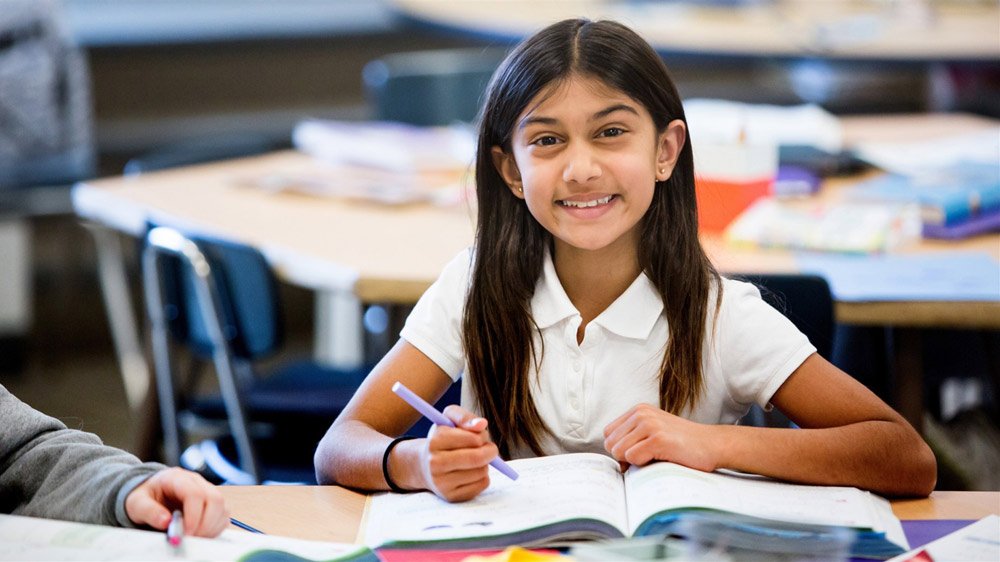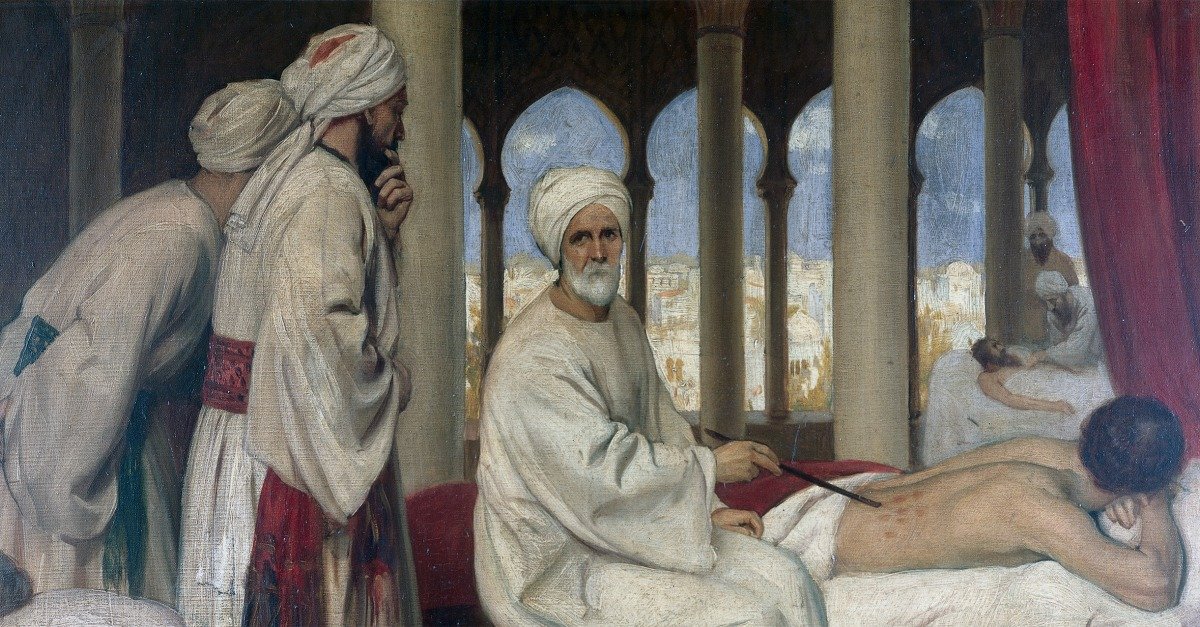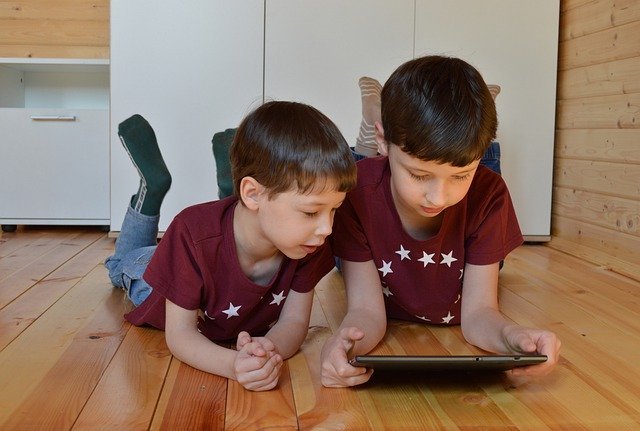Gender inequality between men and women is a criticism often made of the Islamic faith, and while there are ways in which men and women are regarded differently in Islam, the position regarding education is not one of them. The practices of extremist groups like the Taliban have, in the public mind, been universalized to represent all Muslims, but this is decidedly an erroneous assumption, and nowhere is it more erroneous than in the belief that Islam itself prohibits education of girls and woman. In reality, Mohammad himself was something of a feminist, considering the time he lived in, championing the rights of women in a manner that was revolutionary for the historical period. And modern Islam strongly believes in the education of all followers.
Education in the Quran
According to the teachings of Islam, education is very important. After all, The first revealed word of the Quran commanded the believers to “Read!” And this commandment did not distinguish between male and female believers. The first wife of the Prophet Muhammad, Khadeeja, was a successful, highly educated businesswoman in her own right. The Prophet Muhammad praised the women of Madinah for their pursuit of knowledge: “How splendid were the women of the Ansar; shame did not prevent them from becoming learned in the faith.”
At various other times, the Prophet Muhammad told his followers:
- “Acquisition of knowledge is binding on all Muslims, male and female.”
- “Seek knowledge, from the cradle to the grave.”
- “Acquire knowledge, even if you have to go to China for it.”
- “The person who goes forth in search of knowledge is striving hard in the way of Allah, until his/her return.”
- Education for Mulsim Women Throughout History
- Indeed, throughout history, many Muslim women were involved in the founding of educational institutions. Most notable of these is Fatima al-Fihri, who established the University of Al-Karaouine in 859 CE. This university remains, according to UNESCO and others, the oldest continually-running university in the world.
According to a paper by Islamic Relief, a charity organization which supports education programs throughout the Muslim world:
Girls’ education in particular has been shown to have substantial economic and social benefits.
Studies have shown that communities with a high proportion of educated mothers have less health problems.
The paper also cites many other benefits to societies that promote women’s education.
In modern times, those who disapprove of girls’ education are not speaking from a sound religious perspective, but rather a limited and extreme political view that does not represent all Muslims and in no way represents the position of Islam itself. In reality, there is nothing in the teachings of Islam that prevents the education of girls–the truth is quite the contrary, as we have seen. There may be discussion and debate over the content of secular education, the separation of boys and girls in school, and other gender-related matters. However, these are issues which are possible to resolve and do not prescribe or justify a blanket prohibition against rigorous and comprehensive education for girls.

















